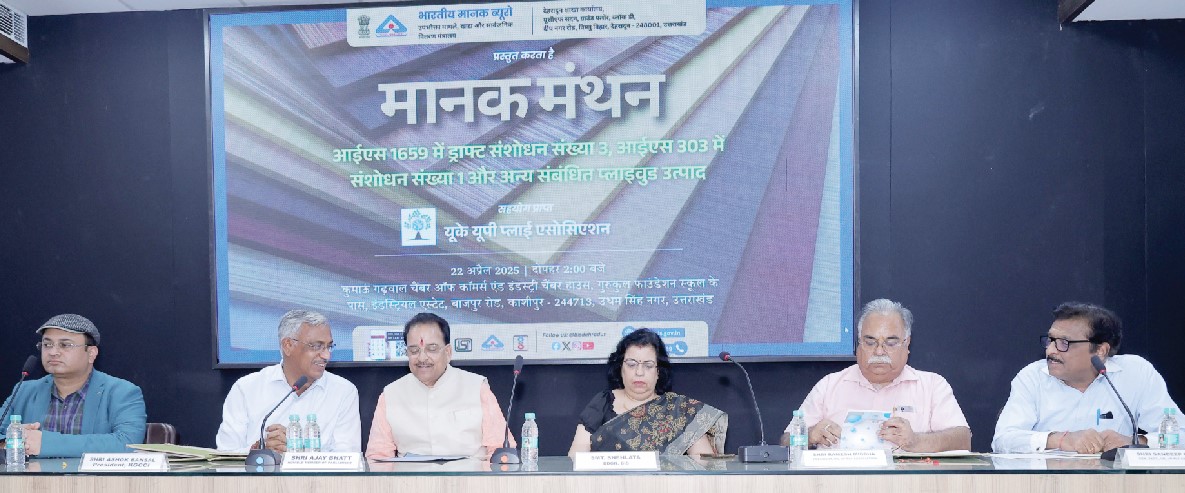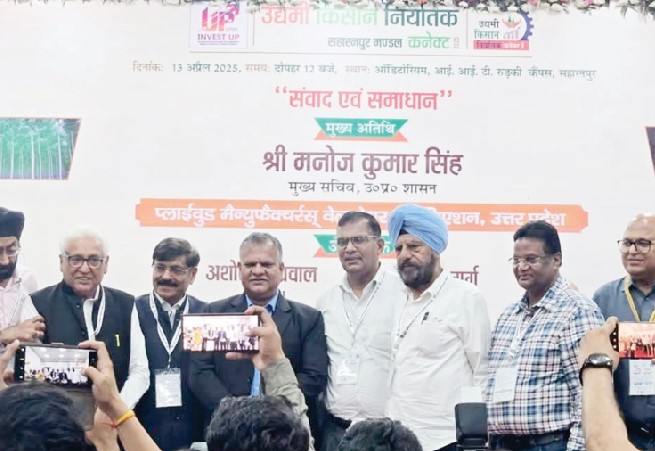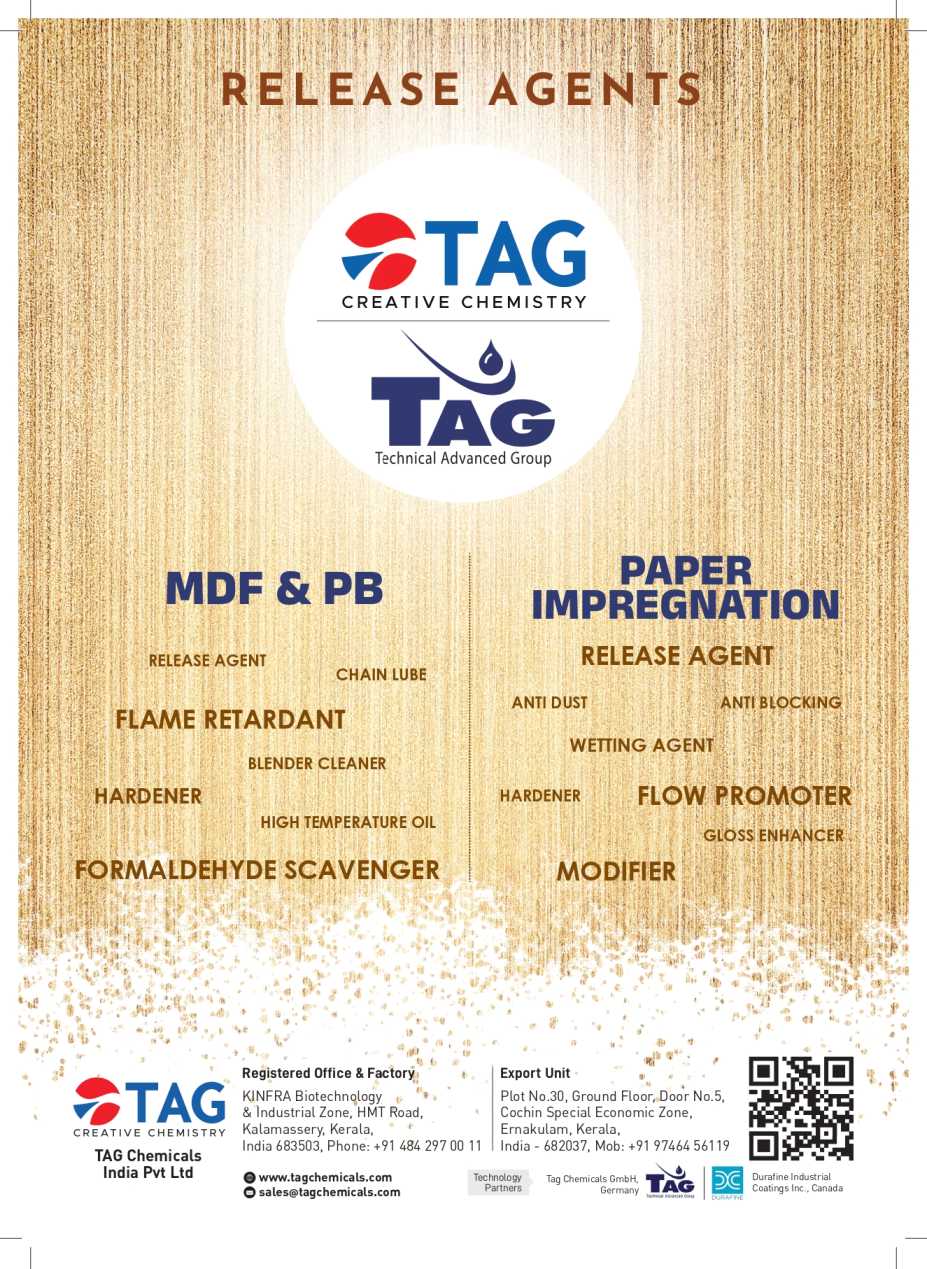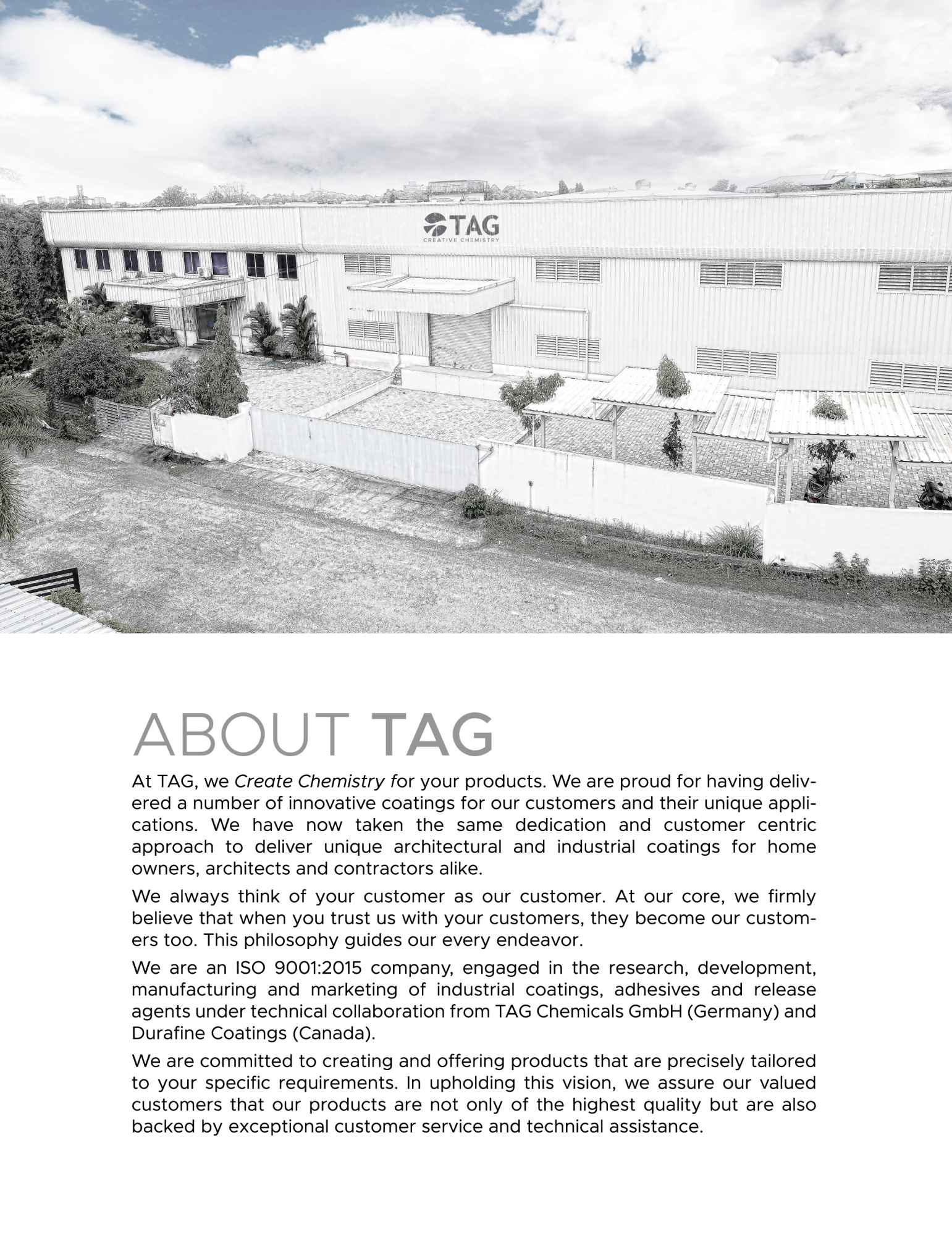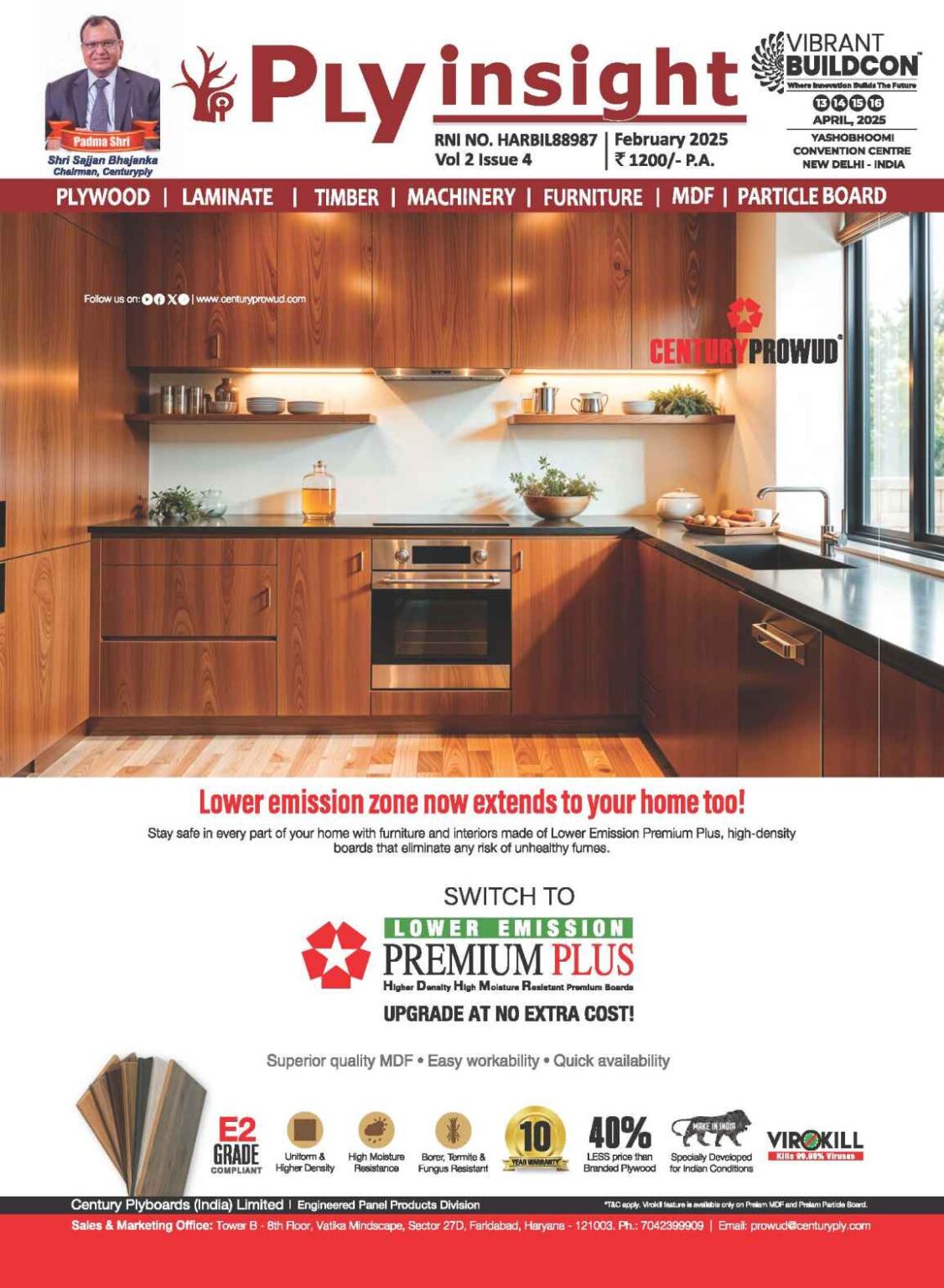
Precautions for traders regarding BWP and Marine Grade ply
- May 8, 2025
- 0
With the QCO (Quality Control Order) implementation, the market for BWP 303 (Boiling Water Proof) and Marine Grade 710 plywood will undergo significant changes, as only BIS-certified manufacturers will be allowed to produce and sell these grades.
Here’s what to expect and what precautions you should take as a trader:
Market Position After QCO:
- Restricted Supply: Many small and unorganized plywood manufacturers who lack BIS certification may exit the market, reducing overall supply.
- Price Increase: Certified manufacturers will have higher production costs due to compliance with BIS standards, leading to price hikes.
- Demand for Certified Products: Buyers, especially in government and large-scale projects, will prefer (or be mandated to use) BIS-certified plywood.
- Transition Period Challenges: Traders may face supply chain disruptions as manufacturers work to obtain certification.
- Increased Import Restrictions: Imported plywood must also comply with BIS standards, reducing the availability of cheap alternatives.
Precautions for Traders:
- Source from BIS-Certified Manufacturers: Only deal with suppliers who have BIS certification to avoid legal issues.
- Stock Planning: Maintain a buffer stock before full enforcement of QCO to manage supply gaps.
- Verify Documentation: Always check for valid BIS certification before purchasing and selling plywood.
- Educate Customers: Inform buyers about the importance of certified products to justify higher prices.
- Avoid Grey Market: Do not deal in non-compliant plywood, as selling uncertified products can lead to penalties.
- Monitor Policy Changes: Stay updated with BIS and QCO regulations to adjust your business strategy accordingly.
- Diversify Product Range: Consider adding other certified wood-based panels to your offerings to mitigate potential losses.

